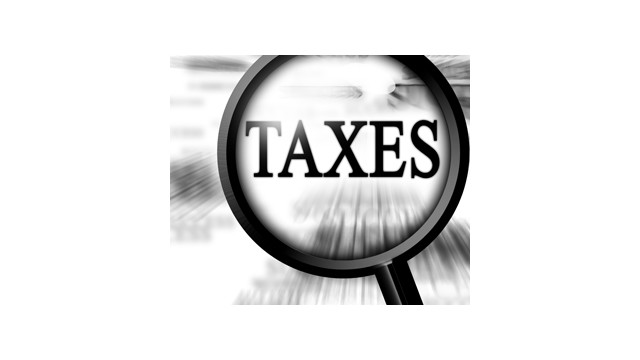According to the latest data, the IRS is finally putting a dent in the estimated $441 billion “tax gap” through its private debt collection program. But there’s still a long way—a very long way— to go.
The figures released for Fiscal Year 2109 (FY2109) show that the four private collection firms used by the IRS to secure payments from tax debtors—CBE, ConServe, Performant and Pioneer (a subsidiary of the student loan servicer Navient)—hauled in $213 million, a major jump over the prior two years. For FY2018, the private collectors amassed $82 million while only $6.5 million was collected in FY2017.
Even after you subtract commissions and costs, the IRS netted a cool $170 million.
The new private debt collection program, which was authorized by a highway spending measure in 2015, is proving to be more successful than two previous efforts by the IRS. The agency was forced to shutter operations in the past after it figured out it was spending more than it was bringing in.
Nevertheless, $170 million is a mere drop in the bucket of what the IRS is still owed. And some detractors have complained about strong-arm tactics used by the private tax debt collectors. Finally, the program has been criticized for targeting mostly low-income taxpayers. These are the individuals who face the greatest hardships when paying off their tax debts.
It’s also been suggested that the IRS could take an even bigger bite out of the tax gap by going after the upper crust.
Currently, the program allows the IRS to use private collectors for collection of your unpaid tax liability if one of the following criteria is met:
- The IRS lacked the resources or couldn’t locate you.
- A year has passed and you, or your third-party representative, have not interacted with IRS on your account.
- One-third of the collection statute has lapsed and was not assigned for collection.
On the other hand, the private contractors will NOT contact any taxpayer who is—
- Under 18 years of age;
- In a designated combat zone;
- The victim of tax-related identity theft;
- Currently under examination, litigation, criminal investigation or levy;
- Subject to pending or active offers in compromise;
- Subject to an installment agreement;
- Subject to a right of appeal;
- Classified as an “innocent spouse;” or
- In a presidentially declared disaster requesting relief from collection.
Also, the IRS won’t assign the account of a deceased person to a private collection agency.
The private collection firm is required to send an initial contact letter before attempting to collect from you. They can’t just show up on your doorstep. In addition, reps must identify themselves as IRS contractors who are collecting taxes. The firms are able to set up and monitor payment arrangements where you pay the full tax debt within five years (seven years with IRS approval).
Despite some reservations, you can expect the program to continue and probably expand in the future. The IRS needs more money flowing into its coffers.
Thanks for reading CPA Practice Advisor!
Subscribe Already registered? Log In
Need more information? Read the FAQs




